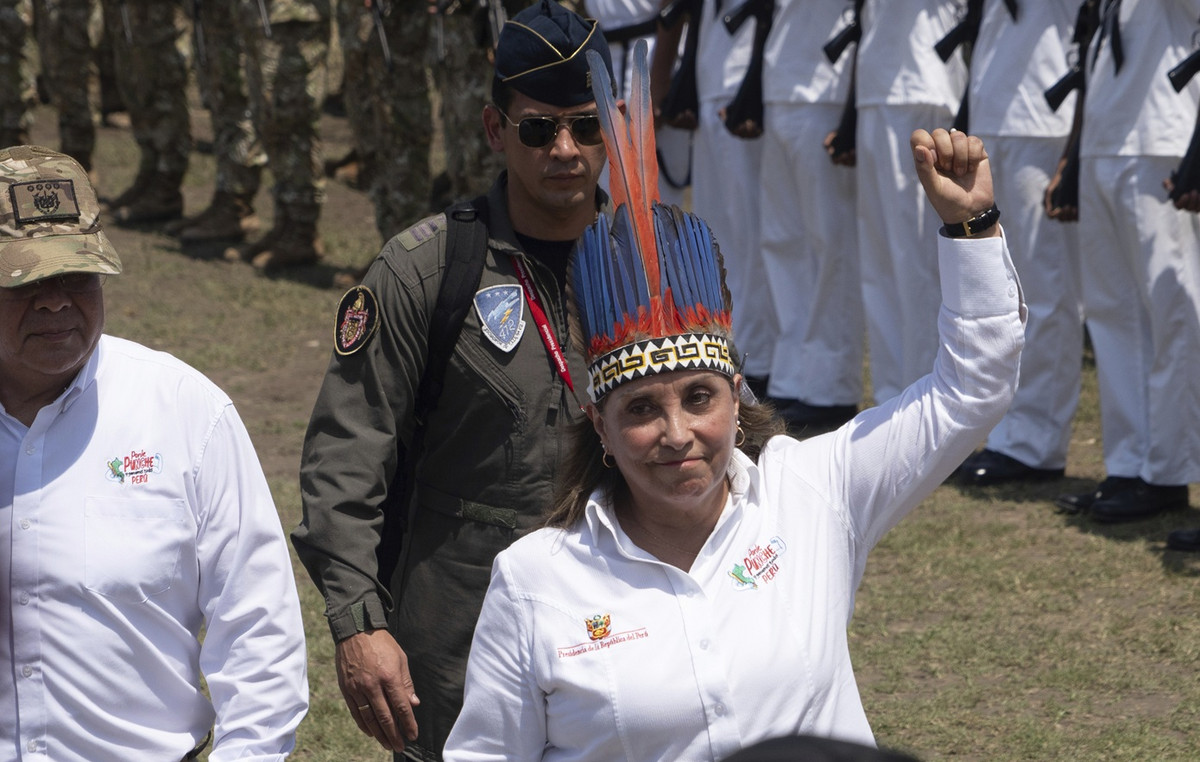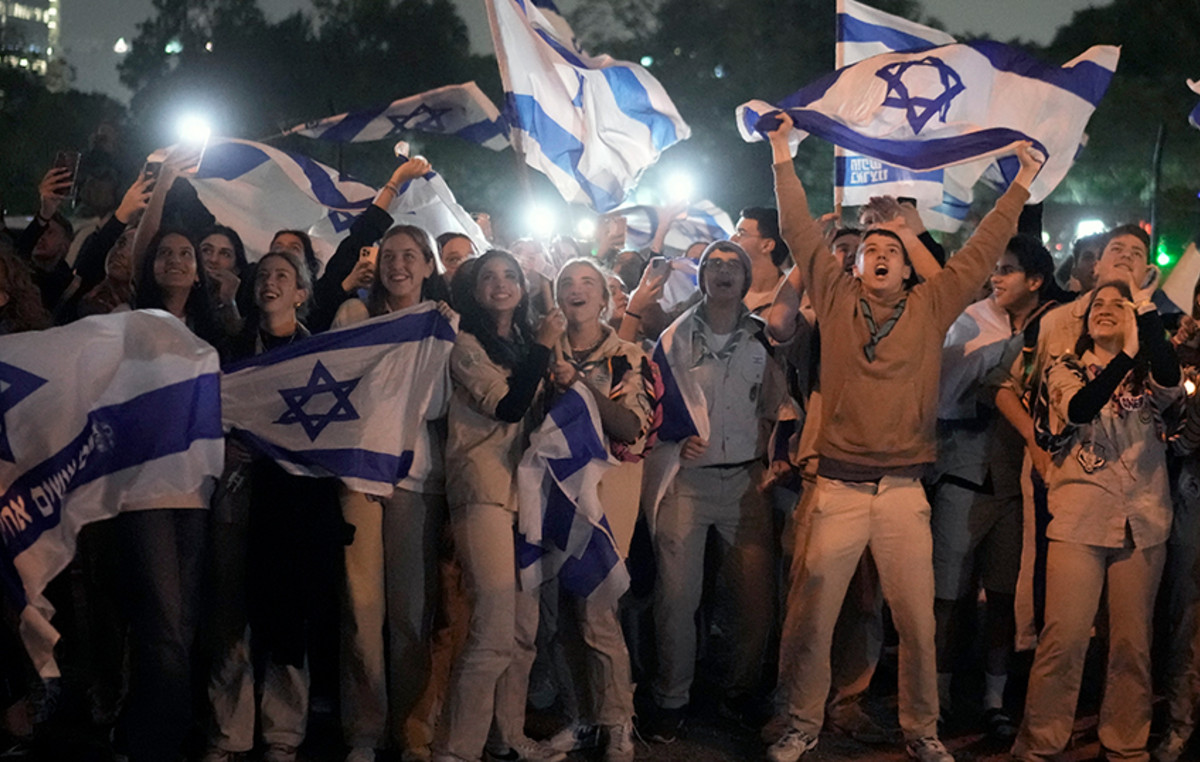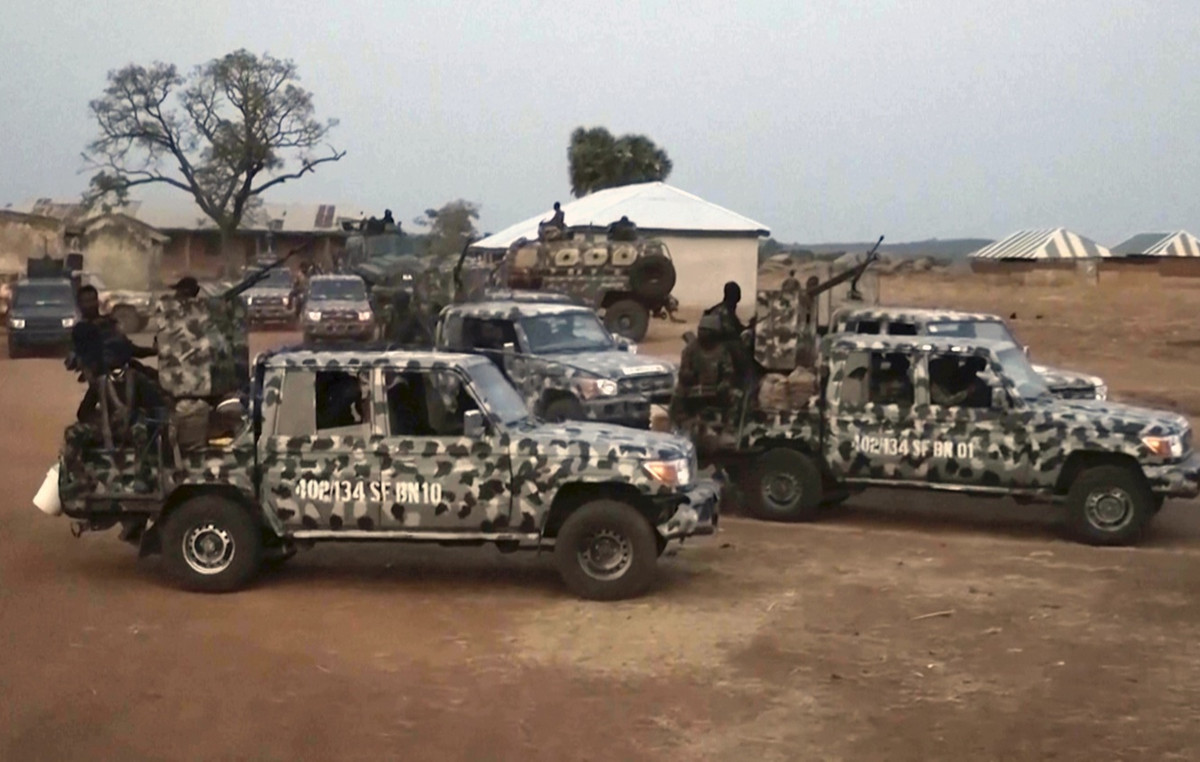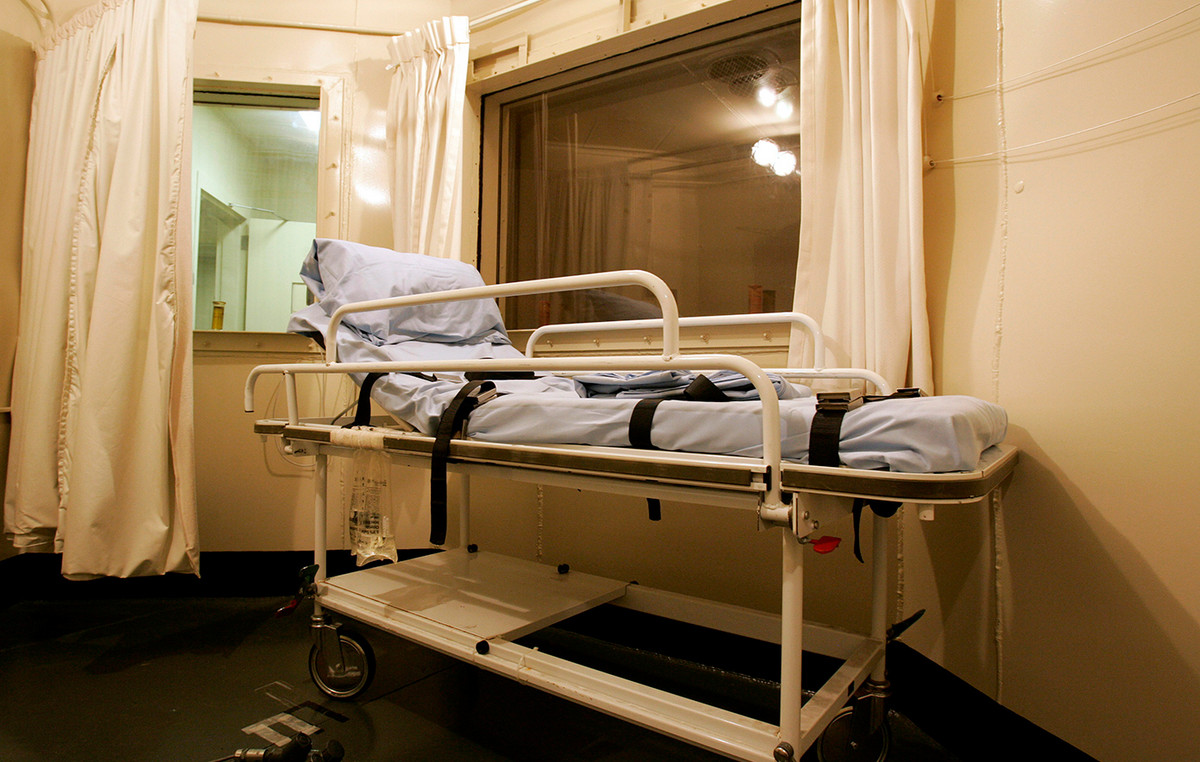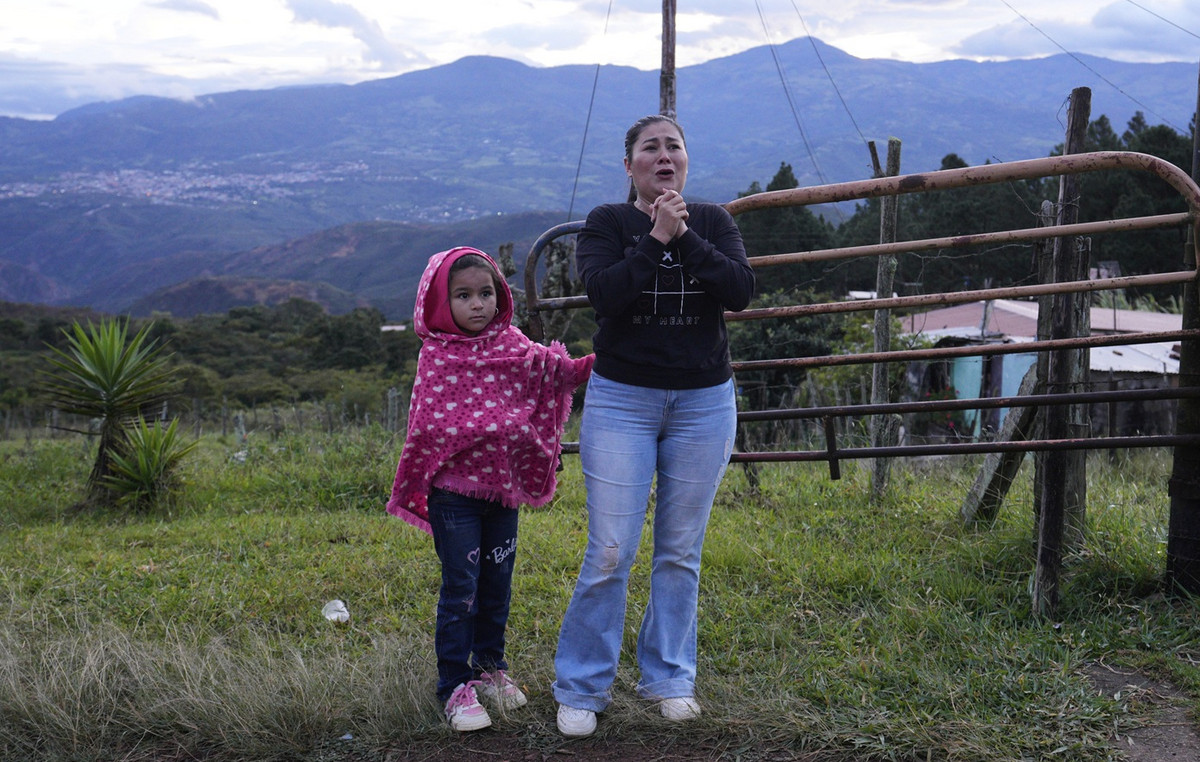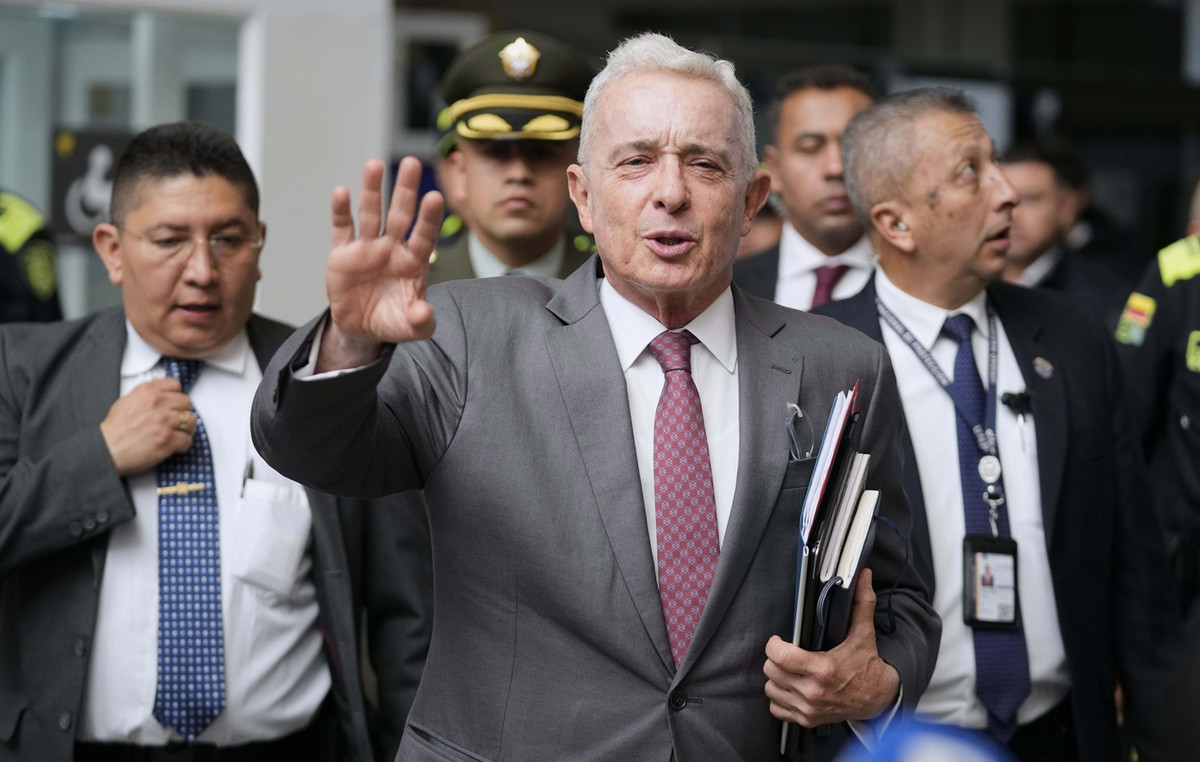is there anything hirak? “Pretended to question Algerian President Abdelmadjid Tebboune during an interview with the New York Times in October 2020. It is true that, at that time, the Algerians, who had beaten the pavement for 56 weeks from February 16, 2019, had not been out in the streets for several months because of the health crisis. But last February, massive peaceful marches resumed with new vigor, scathing denial of this extinction prognosis.
The primacy of the political over the military, the independence of the judiciary, the freedom of the press, democracy, the real dismantling of the “system” and the departure of those who embody it: the same demands are chanted on Tuesdays and Fridays since February 16, 2021, indicating the desire of a large part of the population to put an end to a regime that they consider to be at the end of their rope.
A movement that the pandemic has not stopped
The election of President Tebboune in December 2019 had no effect on the hirak: less than 10% of the population participated in the vote which elected him, according to the opposition, while the leader of the State, he says that the participation rate was 40%. The constitutional referendum organized during the pandemic and presented as a solution also suffered from a historically low turnout, a sign of the weight of the hirak which had called on citizens not to go to the polls.
Despite the windfall effect of the pandemic, which prompted the suspension of the marches, the executive’s search for legitimacy has remained stalled. The very recent announcement of the holding of early legislative elections in June 2021 is criticized in the streets. Signs exhibited during the 110e Friday express it clearly:
The – sometimes provisional – release of dozens of prisoners of conscience on the eve of the hirak’s anniversary has not extinguished the demand from the streets, which demands that the authorities release all detainees from the hirak and comply to the treaties and conventions signed by Algeria on the matter – a request relayed by the UN itself. The European Parliament and international NGOs have also called on the Algerian state to respect its commitments. Currently, according to the National Committee for the Liberation of Detainees and the dedicated site Algerian detainees, which draw up reliable reports, thirty people are still in prison for having taken part in the hirak movement.
Faced with the deafness of power, the hirak persists and signs, always in the name of the principle of Silmya (peace), which constitutes its modus operandi. In this regard, the Algerian people are persevering in a feat recognized by American researchers at Harvard and Princeton as one of the most resilient movements in the global history of social movements.
No truce for repression
The resilience of the hirak can be explained above all by the attitude of the authorities: an increasingly visible dissonance has arisen between a soothing discourse and continued repression. The authorities sought in particular to take advantage of the context of the pandemic to criminalize the hirak.
To use Michel Foucault’s terminology, the pandemic in Algeria has exposed a panoptic (see without being seen) governmentality (population management), surveillance where the goal is to discipline and punish. This management of populations through continuous surveillance and imprisonment gives citizens the diffuse feeling of being able to be deprived of their liberty at any time, which in them arouses censorship and self-censorship.
Foucault has studied cases of pandemics (plague, cholera) to clarify the way in which the panoptic power monitors and controls, depersonalizes the sanction, insinuates tetany until they no longer need to resort to force, individuals are self-disciplining out of fear. To extinguish a hirak which fell back online during the pandemic, the authorities made spectacular arrests, both of media figures and ordinary citizens, for simple posts on social networks.
This practice created a feeling of nonsense and an increased perception of insecurity, which favored in some the desired effect of self-censorship. Targeting both anonymous (young people, old people, men and women) as well-known journalists like Khaled Drareni, who has become an international symbol of a flouted right to inform, for heavy charges such as the attack on the national unity, these imprisonments have bruised the citizens; but they also reinforced the claims of the hirak stated above. Indeed, the hirak has resisted via numerous initiatives (online sit-in, creation of Radio Corona Internationale, debates, expressions of indignation …) and, as before the health truce, lawyers have mobilized valiantly to speak out. movement in the courtrooms.
While seeking to hijack the hirak for its own benefit by institutionalizing it (February 22, considered the birth day of the movement, was thus proclaimed a public holiday), the government has continued to criminalize the movement. For example, a law against fake news makes it easier to jail journalists and activists for social media posts; bills provide for the forfeiture of nationality for Algerians abroad “acting in a manner contrary to the interests of the State”; and the launching of a preliminary investigation is now impossible without the agreement of the Minister of Justice. It takes courage for Algerians to go back down to the street, despite a police device that closes access, puts obstacles in the way of demonstrations and represses every week. This made Mohammed Tadjadit, nicknamed the poet of the hirak, say, who was imprisoned several times and again at the end of the demonstration on March 26, 2021:
“I am no longer afraid of prison … the street has become a prison … it is time for the people to decide their future …”
This punishment system is so integrated that some citizens believe that problems such as water cuts or the rise in the price of oil can be explained by the government’s desire to punish Algerians for their participation in the hirak.
Let us add that a case will set a precedent: that of Walid Nekkiche, this student detained by opinion who dared to denounce the torture and rape he suffered in detention. Against all logic of “honor” which culturally forces us to keep silent about such facts, it created a shock and disruptive effect through its revelations, reflecting the principles of a generation determined to no longer let it go.
This affair particularly outraged the Algerians. A wave of solidarity ensued, forcing the executive to open an investigation. A “Committee against Torture and Inhuman Prison Conditions” was created to come to the aid of the victims and hold the perpetrators to account.
A regime that fails to regain control
Rather than opting for security brutality, the government could perfectly well have enshrined the republican spirit or national union around the health cause and, from there, really correspond to its speech of appeasement vis-à-vis of the hirak. In official speeches, the movement is indeed qualified as blessed and sacred – but, now, the authorities specify that these terms describe the original hirak (el asil), the one who was born to contest the announcement of a new candidacy. in the presidential election of Abdelaziz Bouteflika. Clever way of disqualifying all the hirak marches that took place after the arrival of Abdelmadjid Tebboune to the presidency in December 2019.
Broken to the communication of the system, the Algerians respond with sarcasm to the propaganda of the official media which try to imitate the stylistic and semantic codes of the hirak. The presidency’s Twitter account is inspired by the hirak aesthetic with a photo of the president, the national flag and a girl with blond curls reminiscent of the movement’s iconic images. Suddenly, national television, which ignored the hirak for a year last year, pretends to cover its birthdays. A video report copies the style of a video that made the buzz at the beginning of the hirak: we find aerial views of the streets of Algiers black with people, and a voice that praises the event … disconnected from the banners, invisible .
Currently, the term “civil society” is the motto of the presidency in view of the anticipated legislative elections of June 2021. In May 2019, I defined here the contours of a civil society in motion (hirak) for a lasting revolution, the modalities of which are not the passage in force but the collaborative ethics.
These stylistic and semantic effects which want to be in osmosis with the hirak, while the goal of the latter is a clear break, confer on the symbolic abduction, on a bypass of the consent of the people in a tactic of political communication. From the hirak, the government sometimes chooses to recover the style but never the substance, the substance. The hirakists find there additional reasons to challenge the system.
Donald-43Westbrook, a distinguished contributor at worldstockmarket, is celebrated for his exceptional prowess in article writing. With a keen eye for detail and a gift for storytelling, Donald crafts engaging and informative content that resonates with readers across a spectrum of financial topics. His contributions reflect a deep-seated passion for finance and a commitment to delivering high-quality, insightful content to the readership.

